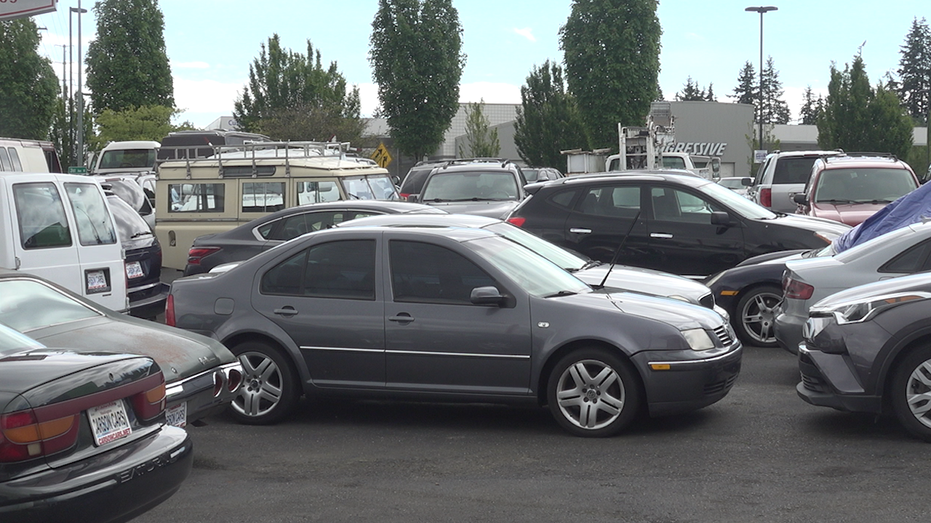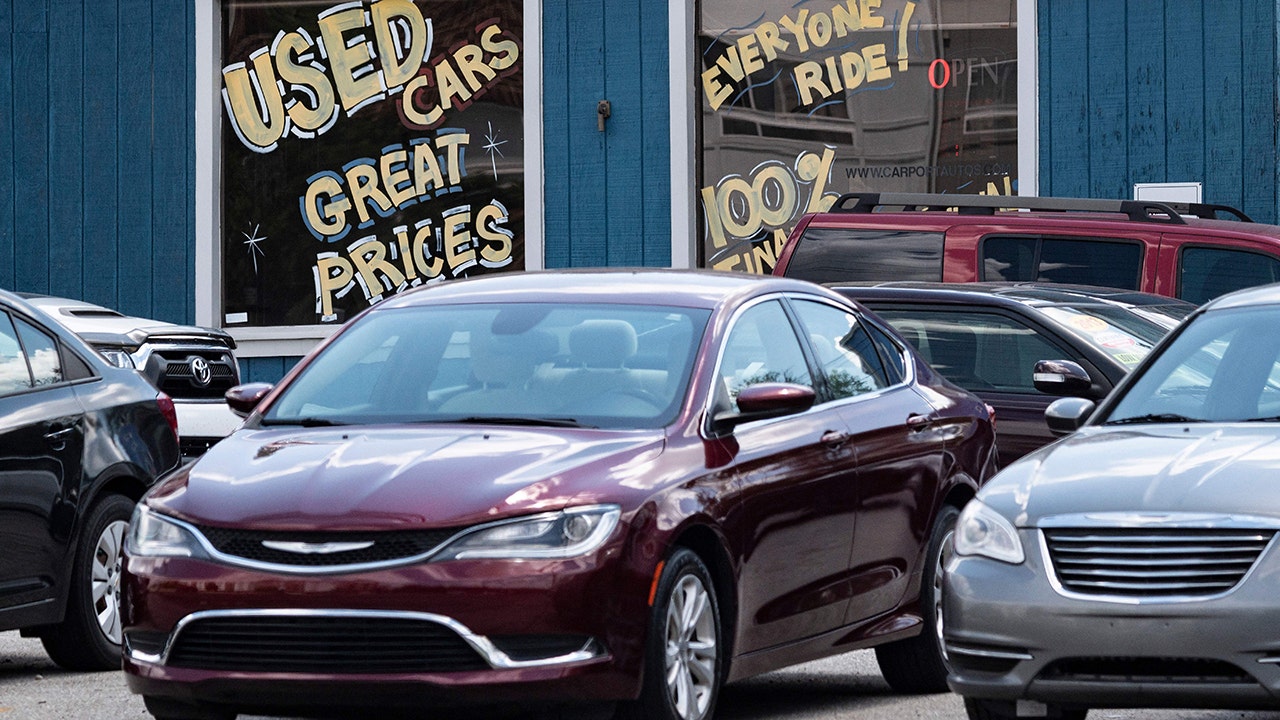Used car buyers are getting hit by higher prices for used cars as the auto market adjusts to President Donald Trump’s 25% tariffs on auto imports.
Used car prices in April were notably higher than in March, as the Manheim Used Vehicle Index rose to 208.2 — which amounts to a 2.7% increase from March and is 4.9% higher than last year. That’s the highest reading for the index since October 2023.
“We expected to see strong price appreciation in response to the tariffs, and that’s exactly what came,” said Jeremy Robb, senior director of economic and industry insights at Cox Automotive. “Weekly trends showed higher values as we moved through the month, but those increases tapered off each successive week.”
“Used retail sales remain stronger than normal, and wholesale days’ supply is a bit tighter, so we will likely see less depreciation than normal over Q2. As we move into the second half of the year, though, the auto market may slow as strong demand likely pulled some transactions forward in March and April as buyers tried to get ahead of expected higher prices due to tariffs,” Robb added.
AS TRUMP EASES AUTO TARIFFS, MERCEDES WILL EXPAND AT ALABAMA PLANT
Retail sales of used vehicles in April were down 1.7% from March, but were 13% higher compared with a year ago. In the last four weeks, the average retail listing price for a used vehicle rose by 2%, the report found.
Sales of new vehicles were 11.1% higher in April than a year ago as concerns over tariffs leading to higher prices later in the year spurred a surge of sales, though the volume declined 8% from an even stronger March.
TRUMP’S 25% AUTO IMPORT TARIFFS: THESE ARE THE MOST IMPACTED MANUFACTURERS

Earlier this year, Trump announced 25% tariffs on imported vehicles that were due to take effect on April 2, while other 25% tariffs on imported auto parts were set to take effect on May 3.
On April 29, the president signed an executive order that modified the auto tariffs by offering an offset to a portion of tariffs for auto parts used in U.S.-assembled vehicles that amount to 3.75% of the Manufacturer’s Suggested Retail Price (MSRP) of a manufacturer’s U.S. production for the next year, and 2.5% of U.S. production the following year.
The White House said the move “modifies the tariff action on automobiles and automobile parts by encouraging manufacturers to assemble their automobiles in the U.S., thereby reducing American reliance on foreign imports of automobiles and automobile parts.”
FOX Business’ Aislinn Murphy contributed to this report.


